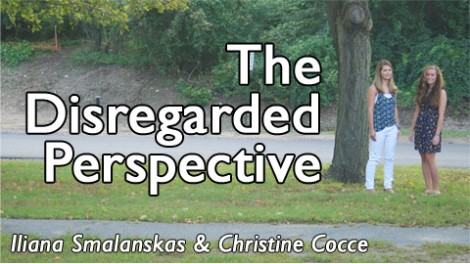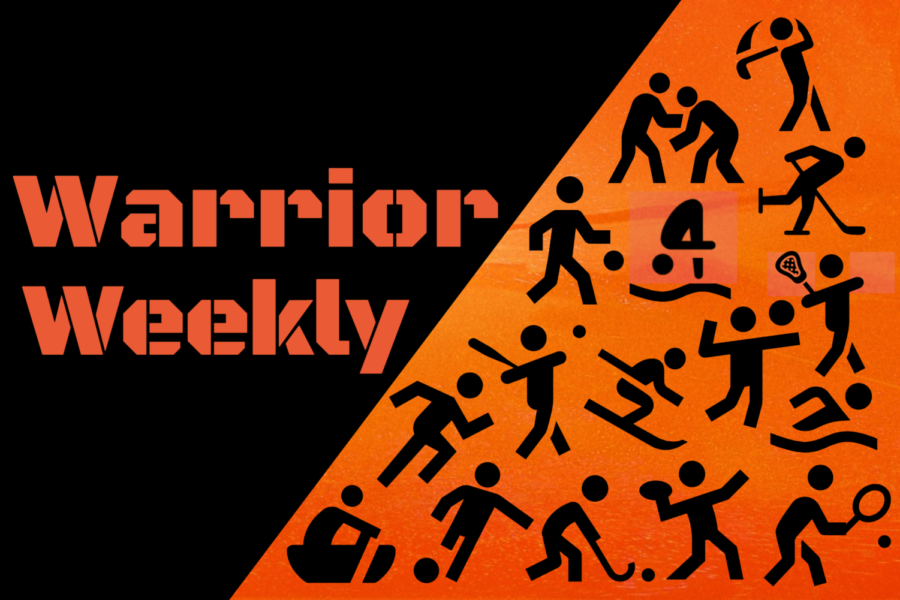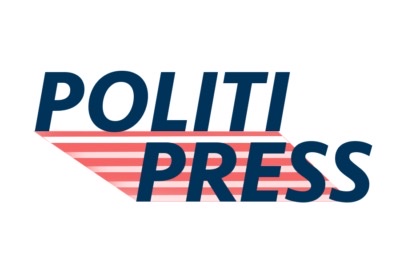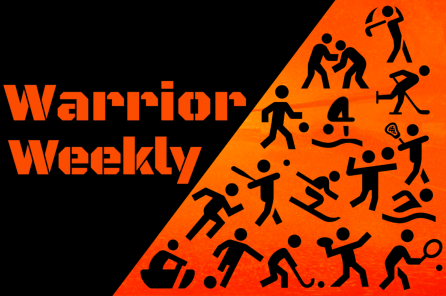
There has been a growing movement to do away with the Electoral College, the political system the United States has used to elect its presidents for decades. While people argue that it would make the country more democratic, it would create just as many problems as it would solve.
While the popular vote is always tallied during presidential elections, it does not directly affect the outcome of the presidency due to the Electoral College system. Each state is given a certain number of electors, based off of the number of Senators and Representatives the state has.
Electors are generally elected by popular vote in each state. Those electors give their vote for the President and Vice President. Depending on the state, electors are required to vote with their party. For example, in Massachusetts, our electors are required to vote for their party’s nominees.
In the 2000 presidential election, Al Gore won the popular vote, while George W. Bush won the Electoral College and therefore the election. There was a conflict over the effectiveness of the Electoral College, and it went to the courts twice.
Recently, there has been a movement to adapt or completely do away with the Electoral College. The most vocal group is the “National Popular Vote.” This group has been attempting to change the way states have citizens vote for their electors. Under the Constitution, every state has the right to change the way electors vote. The National Popular Vote’s goal is to have “every vote count” in the presidential elections. They want to require the electors to vote with the popular vote in their state. It would essentially turn the election into a popular vote.
Those in opposition to and in support of the Electoral College have focused on the basic principle that our country is a democracy, and the people’s voice should be heard. Those that are pro-popular vote believe that the votes are not equal, and each person does not get their own voice. They assert that if the electoral college is abandoned, voter turnout will increase because their votes will directly affect who becomes president.
Khil Amar, a Yale University professor in favor of a popular vote system, explained that states would start to compete to get more people to vote. He mentioned that people might even get paid to vote.
We all recognize the importance of people’s voices being heard. The United States prides itself on the ability to fully support everyone’s opinions. Despite this, we don’t live in a direct democracy. We live in a republic, with multiple checks and balances. The federal government, state government and the people are all supposed to have an impact on the way our country is run. However, it simply isn’t feasible to have the popular vote take the place of the Electoral College.
Our country will run into huge issues if Congress attempts to eliminate the Electoral College. There is a frightening possibility of a recount in all 50 states if the margin of victory were small. The serious possibility of having a recount in more than one state would have serious implications for the United States. In the event that the President is not elected by Inauguration day, the Speaker of the House becomes the acting President.
Supporters of the popular vote argue that the Electoral College only favors “swing states.” These states often get candidates to focus on those areas. Swing states are states where there has not been a distinct trend in the party it supports. Certain states, like Nebraska, have voted for Republicans for the last 10 elections. Other states, like Florida and Pennsylvania, usually have elections decided by a narrow margin. Candidates are more willing to spend time in “swing states,” and appeal to those population’s needs because they can “swing” the election in their favor.
This phenomena of certain regions getting candidates attention won’t fade with the ending of the Electoral College. Popular vote will also encourage campaigns to be focused in areas with heavier population densities, like cities.
By attempting to change the electoral college and encourage the popular vote, candidates will simply learn to devote their time elsewhere. There would be no reason for Candidates to go to states in the middle of the country with less population. This would limit the impact of smaller, rural areas in the country.
While doing away with the Electoral College in favor of a popular vote may seem more democratic, it would actually create a whole new set problems for our countries political system.






























notangrylikeyou • Dec 17, 2011 at 12:13 AM
you can just come out and say you don't like the popular vote system because democrats would be more likely to win……..
Conrad • Apr 29, 2014 at 10:16 AM
A rather short sided response….A couple of quotes for you..
The problems with a Democracy becomes obvious with a five minute discussion with the average voter..
Democracy must be something more than three wolves and a lamb deciding what to have for dinner…
Wait a Minute • Dec 16, 2011 at 4:00 PM
My bad–270 is the majority of electors, so NPV is about halfway there.
Wait a minute • Dec 16, 2011 at 3:57 PM
"They want to require the electors to vote with the popular vote in their state."
That's actually the current situation: Electors vote with their parties, but those electors (at least their party) are chosen by statewide popular vote. This movement is to have states choose electors by national (instead of state) popular vote, and it's clever because it doesn't require congress to act at all, l let alone modify the Constitution. Instead, if enough electoral votes go to states honoring this agreement (because states can do whatever they want with their votes), the popular winner will win regardless of remaining states' votes.
There are 270 electoral votes, and states determining 132 of them have made this state law, so with three more votes, NPV goes into effect.
nobody • Dec 16, 2011 at 9:11 AM
Because stupid people vote, I <3 the Electoral College.